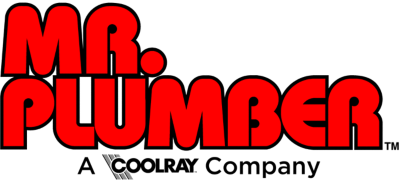3 Tips To Keep Your Drains Clear

Nothing can put a damper on fixing dinner or getting ready for a night out than a slow or clogged drain. Clogged drains not only hamper emptying the sink or tub, but it can make your surface grimy with deposits of gunk and film from whatever was in your water.
Why Are My Drains Slow?
There are a few different reasons as to why your drains tend to slow or even clog. Think about your morning routine in the bathroom: wash your face, brush your teeth, shave, … toothpaste and shaving cream are sticky substances that go down the drain, along with hair (long and short). Your kitchen drain sees oil and grease going down the drain. The grease tends to solidify and start to build up, no matter how much you run the water. It’s a basic part of living—you must brush your teeth and you must fix supper.
How Can I Keep My Drains Clear?
Because kitchen drains and bathroom drains tend to slow or clog for different reasons, there are different ways you can handle each one. There are some ways you can keep your drains clear on your own to keep things flowing freely:
Kitchen:
Ditch the Grease You should never pour grease down your drain. If you find your kitchen drain is slowly flowing, you can battle grease build-up with liquid dish detergent and boiling water. The dish soap will dissolve grease and oil, while the boiling water will melt the grease deposits and flush everything away.
- Fill up a large pot of water and put on to boil
- Squirt a generous amount of liquid dish detergent directly into your drain
- Slowly pour the boiling water down the drain, just a little bit at a time
Kitchen Maintenance
After clearing your drain, be sure to use lots of cold water when you use your garbage disposal. Why not hot? The cold water helps to keep the oils and grease in a solid state so the garbage disposal can do its job by breaking it up. Using hot water melts and softens the grease, causing it to coat the inside of your drain.
Bathroom DIY
In your bathroom, you can tackle the hair and gunk with a simple kitchen ingredient: table salt.
- Pour at least 1 tablespoon of salt into drain
- Immediately pour ¼ cup plain white vinegar into drain
- Let it sit for one hour
- Run very hot water through the drain (this helps to clear out everything just loosened)
Related Reading
Subscribe To Our Newsletter
Get up-to-date current news, promotions, and industry tips.
